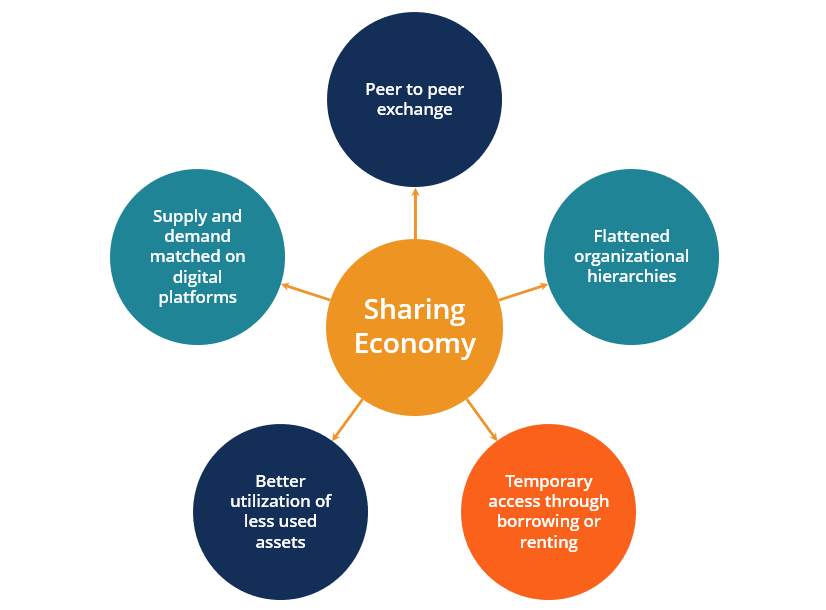The Transformative Impact of the Global Sharing Economy Industry

The sharing economy has evolved from a collection of disruptive startups into a full-fledged global industry that is fundamentally reshaping traditional business models, consumer behavior, and the very nature of work. The modern Sharing Economy industry is a powerful economic and social force, challenging the long-held primacy of ownership and demonstrating the immense value that can be unlocked by leveraging technology to facilitate peer-to-peer exchange. Its impact is not confined to a single sector but is being felt across a wide range of established industries, forcing incumbents to adapt and innovate while creating entirely new markets and opportunities. The rise of this industry represents one of the most significant socio-economic shifts of the 21st century, with profound and lasting implications for how we live, work, and consume.
The disruptive impact of the industry is most clearly seen in the transportation and hospitality sectors. Ride-hailing platforms like Uber and Lyft have completely upended the century-old taxi and limousine industry, introducing on-demand service, transparent pricing, and a new model of flexible labor. This has forced traditional taxi companies to adopt similar technologies and improve their service quality to compete. Similarly, home-sharing platforms, led by Airbnb, have presented a major challenge to the hotel industry. By unlocking a massive new supply of accommodation options, they have increased competition, put downward pressure on prices, and catered to a growing consumer demand for more authentic and localized travel experiences, compelling hotel chains to innovate and diversify their own offerings in response.
The industry has also had a profound and often controversial impact on the labor market. It is the primary engine behind the growth of the "gig economy," which has provided millions of people with flexible opportunities to earn an income outside the confines of a traditional nine-to-five job. Proponents argue that this provides valuable autonomy and a low barrier to entry for individuals to become micro-entrepreneurs. However, this has also sparked a fierce global debate over the classification of these "gig workers." The central issue is whether they should be treated as independent contractors, with the flexibility that entails, or as employees, with the rights and protections that come with that status, such as minimum wage, overtime pay, and benefits. The outcome of this debate will have far-reaching implications for the future of work.
Finally, the sharing economy industry is often lauded for its potential to promote a more sustainable and resource-efficient model of consumption. By encouraging the sharing of assets like cars and homes, the model inherently increases their utilization rate, meaning that fewer resources are needed to meet a given level of demand. This aligns with a growing environmental consciousness and a desire to move away from a "throwaway" culture. However, this narrative is also subject to debate. Some studies suggest that the convenience of services like ride-hailing may actually increase the total number of car trips taken, contributing to traffic congestion. Similarly, the ease of renting out a property can sometimes lead to its removal from the long-term housing market. Balancing these positive and negative externalities is a key challenge for the industry as it matures.
Explore Our Latest Trending Reports:
